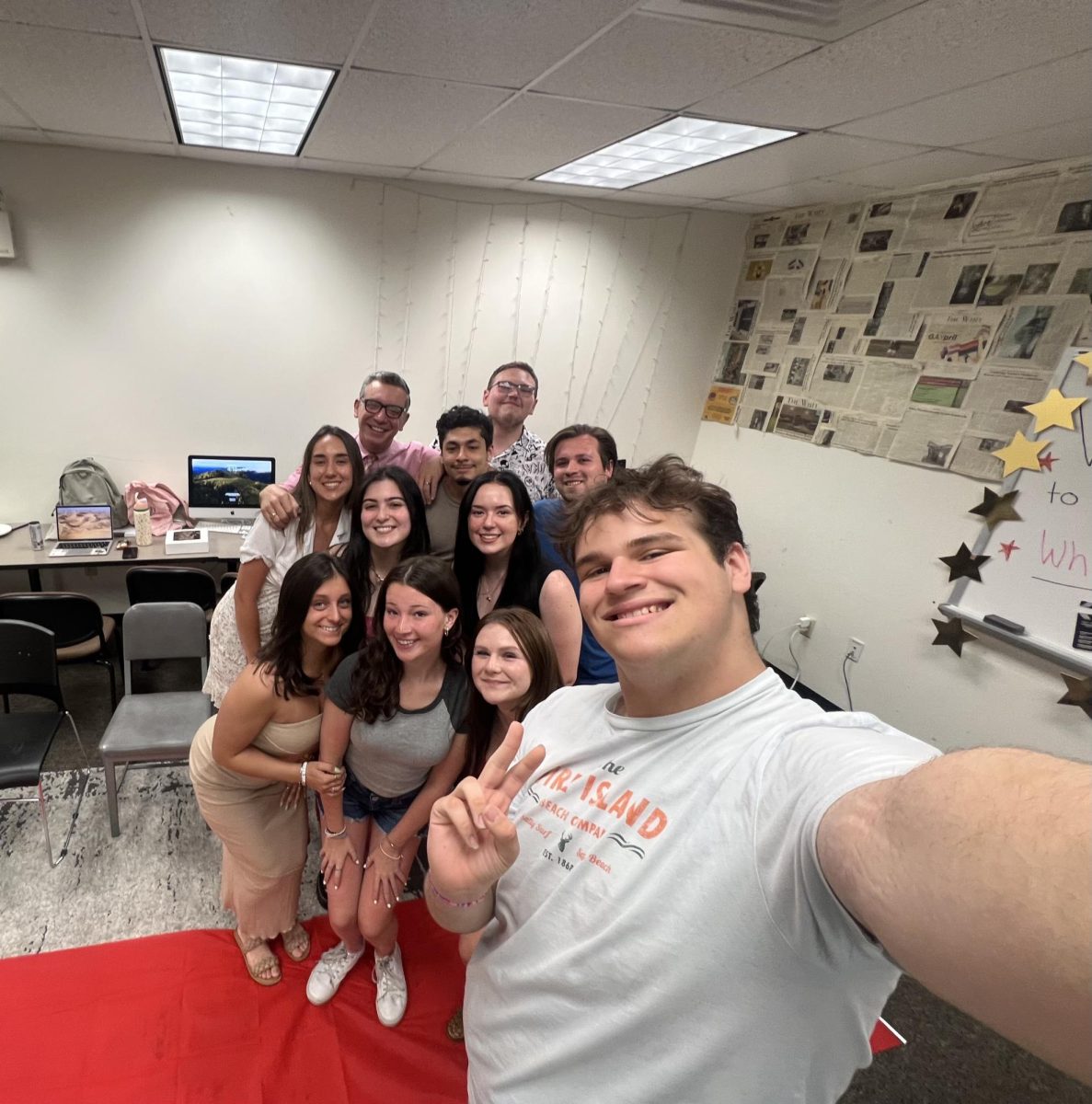Nearly two decades after Sept. 11, xenophobic views across America have continued to divide the country. Xenophobia, prejudice against people from different countries, is not only tied to the 21st century because term or no term, but the idea itself has also remained alive in peoples’ minds since the beginning of civilization. The Whit Staff believes it is important to still explore the impacts of xenophobia not just across campus but nationwide.
The day of the attack left nearly 3,000 dead, including those on the hijacked planes. That day changed America indefinitely, for better and for worse. On the bright side, the citizens of the United States grew closer than ever before. Millions of people joined hands to mourn those who were lost and to help their fellow neighbors rise above their grief. On the other hand, the attacks sparked hysteria in the country.
According to the Council on Foreign Relations, “[The Sept. 11] attacks created upheaval for Muslims worldwide.” The idea that those who practiced Islam and/or who were from the Middle East were inherently bad was a relatively small idea among Americans but “there were enough voices of hate, deliberate misinformation, and genuine misunderstandings to create a powerful message: Muslims are not to be trusted,” according to the Council on Foreign Relations.
Directly after Sept. 11, President George W. Bush signed the USA Patriot Act into law. The purpose of the act was to “deter and punish” terrorist acts. The U.S. government upped the ante with enhanced enforcement and investigatory tools and techniques, including unprecedented citizen surveillance. While the Patriot Act may have been intended to keep American citizens safe, according to Humanity in Action, an organization connecting communities via international educational programs, “[these acts] have been targeted towards and thus disproportionately affected Arabs, South Asians and Muslims in America.”
Despite the fact that Section 1001 of the USA Patriot Act requires the Department of Justice’s (DOJ) Office of Inspector General (OIG) to submit reports semi-annually to Congress, disapproval towards Muslims and people of Middle Eastern descent was still prevalent in America. According to the California Senate Office of Research, “[there] were instances and allegations of severe and humiliating abuse.” Such abuse included forcing an Egyptian individual to eat food forbidden by his religion, FBI agents illegally searching and vandalizing a Muslim’s apartment, and falsely claiming that multiple, innocent Muslims were terrorists. Acts such as these, only enhanced xenophobia in the country.
Fast forward to today, hate is still prevalent. From microaggressions to powerful political figures making faulty statements about certain groups of people, citizens of the United States bear witness to these prejudices. However, this is not to say every citizen shares these thoughts. There are myriad activist groups and people who promote inclusivity and multiculturalism.
The Whit Staff believes that with a continual push for truth, citizens of the United States can learn to be more accepting and educate their fellow citizens. The Sept. 11 attacks will forever be a tragedy in American History but in order to heal from shared trauma, citizens of the United States must learn to accept their neighbors. No action of one person or group should set a precedent for how everyone else should be viewed.
Here at Rowan, students have plenty of opportunities to learn about different cultures. Clubs and organizations such as the South Asian Students Association (SASA), African Student Association, Rowan University Philippine American Coalition (RUPAC), Arabic Culture Club, and many more all welcome students from all backgrounds to learn about their backgrounds.
For comments/questions about this story, email [email protected] or tweet @TheWhitOnline

























































































































































!["Working with [Dr. Lynch] is always a learning experience for me. She is a treasure,” said Thomas. - Staff Writer / Kacie Scibilia](https://thewhitonline.com/wp-content/uploads/2025/04/choir-1-1200x694.jpg)












































